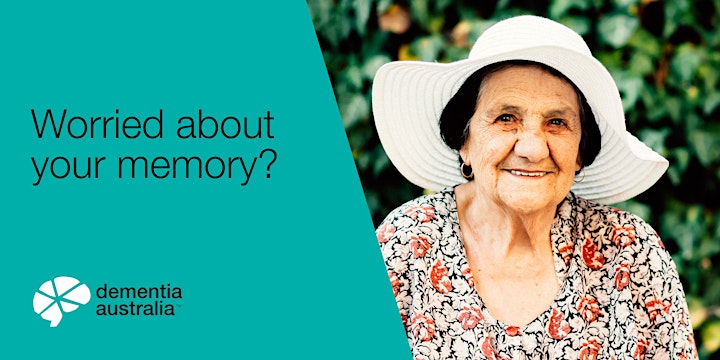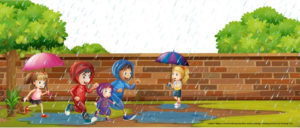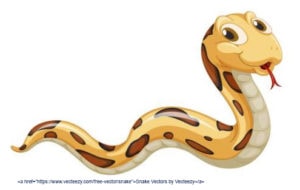
February is International CHD Awareness Month….. childhood heart disease is a global issue!
Some remember the term “Blue Baby” and “Hole in the Heart Baby” – these are conditions that describe CHD which covers a wide range of conditions. At HeartKids, we also include children who may acquire heart conditions such as Rheumatic Fever and Kawasaki’s Disease – therefore we often refer to CHD as meaning Childhood Heart Disease rather than congenital heart disease.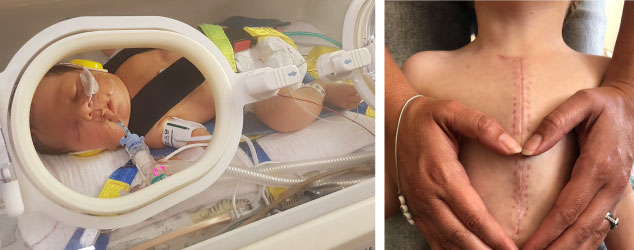
Childhood on-set heart disease includes children born with congenital heart disease and those who acquire it during childhood.
In Australia, there are approximately 300,000 registered births per year resulting in 2,400 – 3,000 babies born each year with a form of congenital heart disease.
HeartKids provides support and information for children, teens, and adults with congenital heart disease as well as those that have acquired a heart condition during childhood.
The National Strategic Action Plan aims to reduce the impact of childhood heart disease (CHD) in Australia and achieve the goal that people with CHD live longer, healthier and more productive lives through effective management of CHD across the life course.
To find out more go to: www.heartkids.org.au/
Download the HeartKids brochure: hkids_SUPPORTFlyer.DL.FINAL.160718 (2)
Want to chat?
Our Helpline is open 9am – 5pm, Monday to Friday.
To speak to one of our support team please call 1800 432 785 or email support@heartkids.org.au
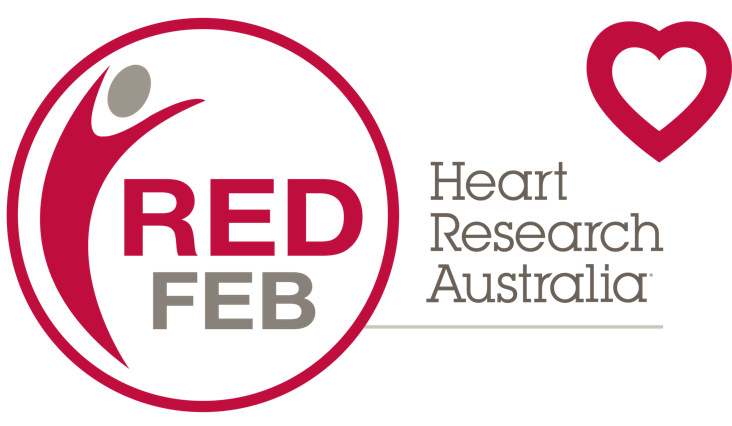
February (or REDFEB as we like to call it) is for heart research. We invite you to wear RED for someone close to your heart to help keep families together for longer. Whether it’s a family member, wife, husband, or that special friend who means the world to you, or in memory of someone you loved who sadly passed away due to heart disease.
Heart disease is Australia’s leading single cause of death. Each year, around 54,000 Australians suffer a heart attack. Heart disease kills one Australian every 28 minutes¹. This equates to one heart attack every 9 minutes.
Heart disease is an umbrella term for range of conditions that affect your heart. Diseases under the heart disease umbrella include blood vessel diseases, such as coronary artery disease; heart rhythm problems (arrhythmias); and heart defects you’re born with (congenital heart defects), among others.
The term ‘heart disease’ is often used interchangeably with the term ‘cardiovascular disease’. Cardiovascular disease generally refers to conditions that involve narrowed or blocked blood vessels that can lead to a heart attack, chest pain (angina) or stroke. Other heart conditions, such as those that affect your heart’s muscle, valves or rhythm, also are considered forms of heart disease.
Your heart is a hollow muscular organ, about the size of your clenched fist. It pumps blood around the body, delivering oxygen to every organ and cell. Keeping your heart healthy, whatever your age, is the most important thing you can do to help prevent and manage heart disease.
If you’re experiencing the symptoms of a heart attack, call Triple Zero (000) and ask for an ambulance. An ambulance is the safest way to go to hospital and the quickest way to seek treatment. Treatment can start when ambulance staff arrive, saving precious minutes and preventing damage to your heart muscle.
What is a heart attack, watch this video:
To learn more about heart disease, how to look after your heart and how to live with heart disease, click here: www.heartresearch.com.au/heart-disease/what-is-heart-disease/
<a href=”https://www.vecteezy.com/free-vector/love-heart”>Love Heart Vectors by Vecteezy</a>
Dementia describes a collection of symptoms that are caused by disorders affecting the brain. It is not one specific disease.
Dementia affects thinking, behaviour and the ability to perform everyday tasks. Brain function is affected enough to interfere with the person’s normal social or working life.
The most common types of dementia are Alzheimer’s disease, Vascular dementia, Dementia with Lewy bodies, Fronto Temporal Lobar Degeneration (FTLD), Huntington’s disease, Alcohol related dementia (Korsakoff’s syndrome) and Creutzfeldt-Jakob disease.
Dementia Australia run FREE programs in Cairns and coming up soon is:
Worried about your memory?
This session provides information on memory, common changes that may occur with ageing, strategies for improving memory, when to seek help about your memory concerns and services provided by Dementia Australia.
Dementia Australia’s facilitators have specialist knowledge, skills and experience. Suitable for: Members of the general public who are concerned about their memory and dementia or who are worried that someone they know may have dementia.
Date And Time:
Wed., 10 February 2021 – 9:30 am – 11:00 am
To register click here: https://www.eventbrite.com.au/e/worried-about-your-memory-cairns-qld-registration
To find out more about Dementia click here: https://www.dementia.org.au/
Contact Us
Dementia Australia (Qld)
Cairns Dementia Support Service
Phone: 07 4032 4884
Email: qld.cairns@dementia.org.au
For any assistance, information or support, please phone the National Dementia Helpline on 1800 100 500.
Every season brings different health challenges with it and our body has to be ready to face them. The wet season brings lot of greenery, spectacular waterfalls and a lovely cooler climate with it. However, it also invites flooding and helps the mosquitoes breeding process. The hot, humid and wet weather makes it favorable for the micro-organisms to reproduce and multiply. This can results in many diseases and skin infections.
Cold and flu are common illness that is found in the wet season and this is usually due to fluctuation in the temperature. The body is susceptible to bacterial and viral attack and this is the most common form of viral infections. To protect the body eat highly nutritious foods to strengthen the immunity. Stay hydrated and keep up your fluid intake, just because it is cooler doesn’t mean you should cut back on your water. Cleanliness is very important and you should clean your hands regularly and continue to use sanitizer.
The weather becomes favorable to water-borne insects as well. There are many mosquito born diseases which can be very painful and unpleasant to deal with. Dengue fever, Ross River Virus are common in the tropics. Keeping the body protected from any form of mosquito bite can ensure safety. This can be done by the use of preventive measures such as mosquito nets, repellent creams and mosquito coils.
The dampness caused due to gloomy weather and constant rain increases the growth of fungus in the surroundings. These pollutants are infectious to asthma patients as they cause bronchital disorders. Keep the damp places like toilets and bathroom free from mould.
If you have an open wound, keep it as dry as possible and make sure it stays clean. Infections can spread quickly.
Precautions for the rainy season are really easy and practical! If in doubt and you are not well call your local doctor for a check up.
It’s holiday season and time to watch out for snakes.
Be aware of some first aid for snake bites.
1. Call an ambulance immediately
2. Don’t panic and don’t move
3. Leave the snake alone
4. Apply a pressure immobilisation bandage and splint
5. Don’t wash, suck, cut or tourniquet the bite
Call Triple Zero (000) and ask for an ambulance, or use the Emergency+ app to call an ambulance.
For more details click on this site:
https://www.health.qld.gov.au/news-events/news/what-to-do-if-you-get-bitten-by-a-snake

Decembeard Australia is supporting Bowel Cancer
Australia has one of the highest rates of bowel cancer in the world; 1 in 13 Australians will develop the disease in their lifetime.
While the risk of bowel cancer increases significantly with age, the disease doesn’t discriminate, affecting men and women, young and old.

Decembeard Australia: Jamie’s Bowel Cancer Story
Edmonton Family Medical Centre will be open every day during the festive season except for public holidays.
We will be closing early on Christmas Eve and New Years Eve.
We wish everyone a happy and safe festive season.




